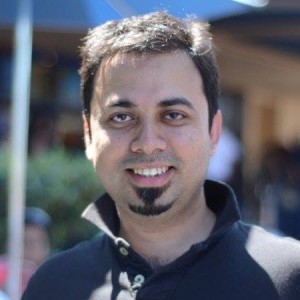As I have written previously, academic computer science differs from other scientific disciplines in its heavy use of peer-reviewed conference publications.
Since other disciplines’ conferences typically do not employ peer review, results published at highly selective computer science conferences may not be given the credit they deserve, i.e., the same credit they would receive if published in a similarly selective journal.
The main remedy has simply been to explain the situation to the possibly confused party, be it a dean or provost or a colleague from another department. But this remedy is sometimes ineffective: At some institutions, scientists risk a poor evaluation if they publish too few journal articles, but they risk muting the influence of their work in their own community if they publish too few articles at top conferences.
The ACM publications board has recently put forth a proposal that takes this problem head on by formally recognizing conference publications as equal in quality to journal publications. How? By collecting them in a special journal series called the Proceedings of the ACM (PACM).
In this post I briefly summarize the motivation and substance of the ACM proposal and provide some thoughts about it. In the end, I support it, but with some caveats. You have the opportunity to voice your own opinion via survey. You can also read other opinions for (by Kathryn McKinley) and against (by David S. Rosenblum) the proposal (if you can get past the ACM paywall, but that’s a topic for another day…).
Update: PACM has been approved, as has a new journal series called PACM PL that will collect papers accepted by major SIGPLAN Conferences. It will debut during late 2017.


